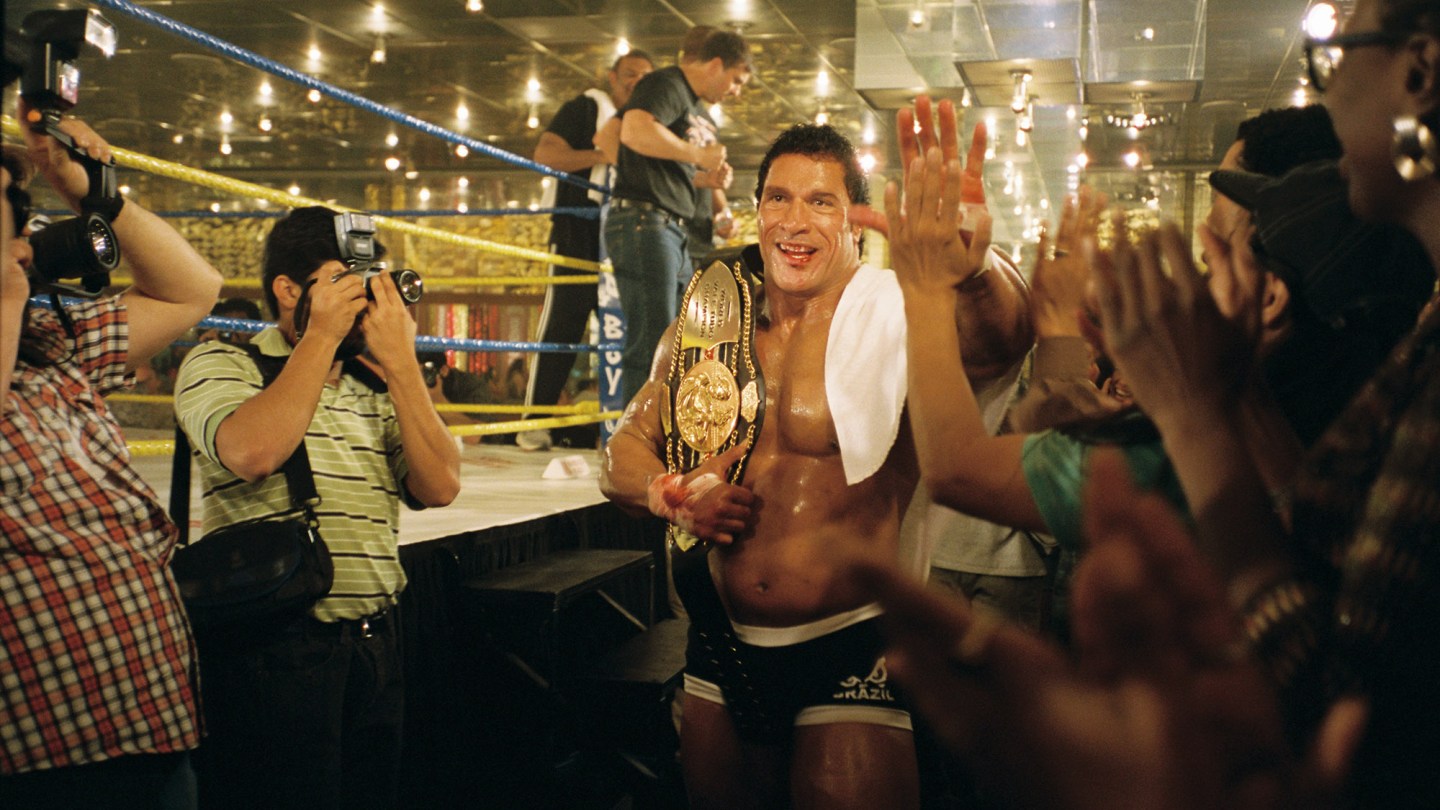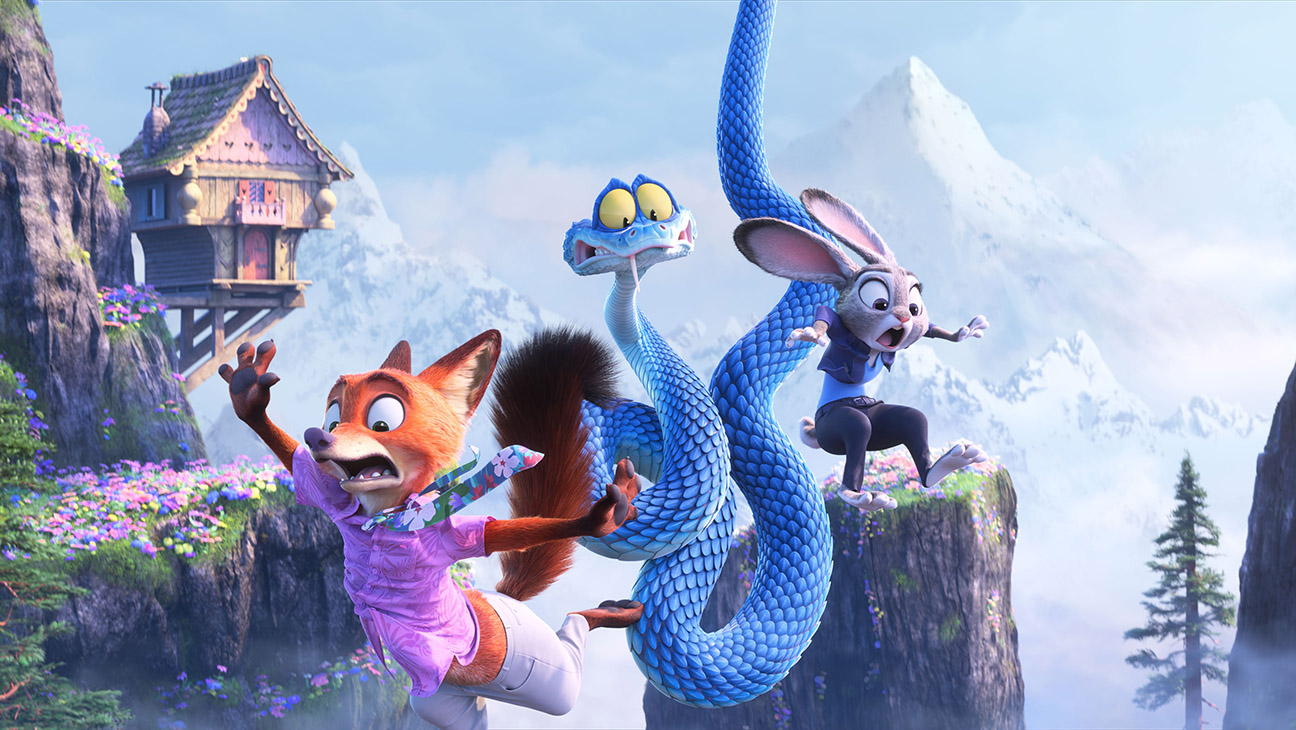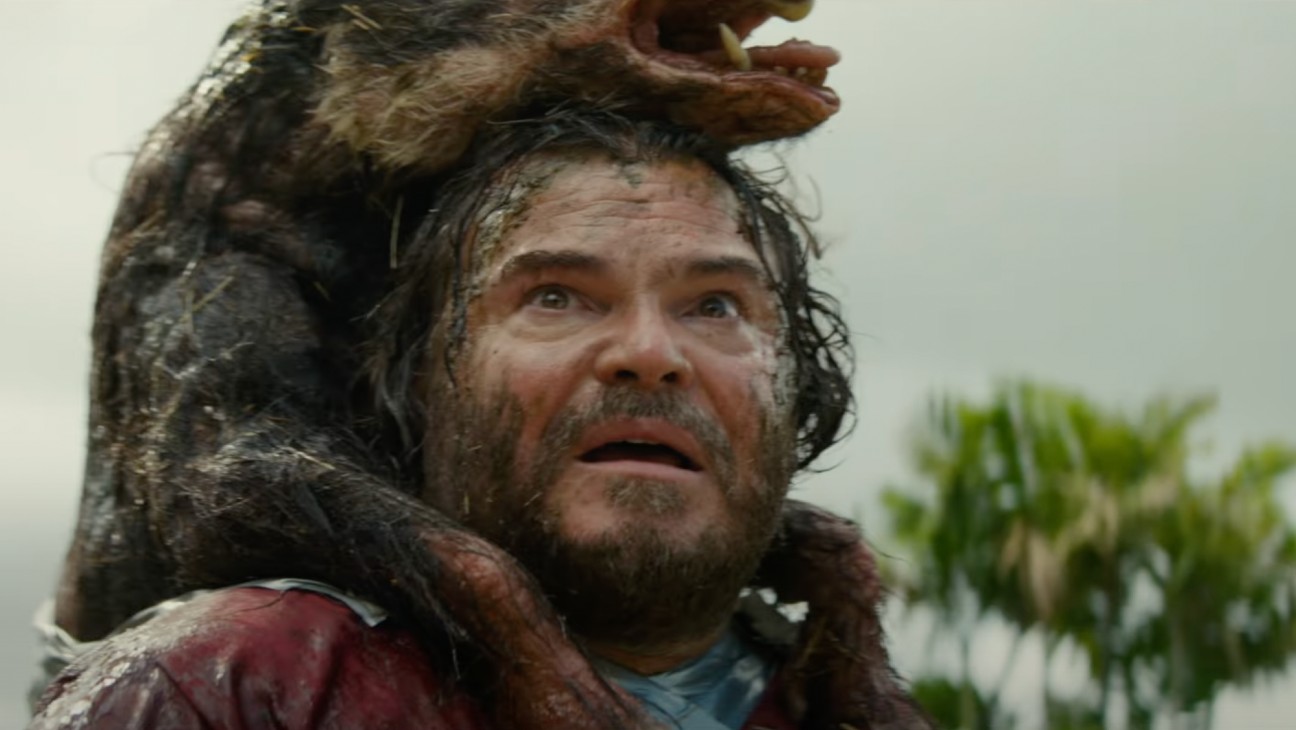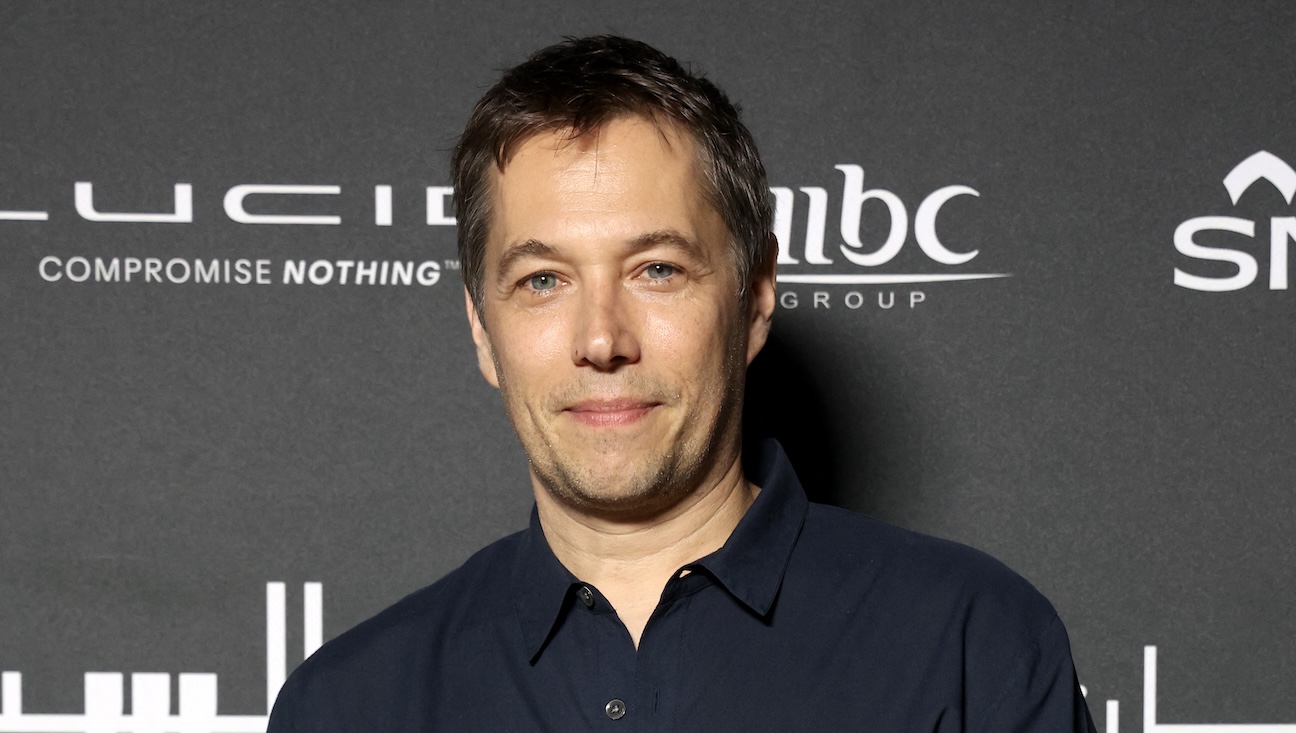Park Chan-wook is a master of genre — he’s put his visceral, cheeky stamp on romantic noir, action thrillers, gothic horror and, now, blistering satire. Set to receive the International Auteur Award at the SCAD Savannah Film Festival, the Korean icon returns with No Other Choice, adapted from Donald E. Westlake’s 1997 novel The Ax and centered on Yoo Man-soo, a paper-industry expert struggling to rebound after getting abruptly laid off. He comes upon an extreme solution: Kill his rivals for an open new job. The movie’s title says it all — and in Park’s hands, you’ll laugh until it really, really hurts.
How did you find this film’s tone?
My favorite part of the novel was the comedy, and I saw potential to use the actors’ movements and [expressions] to make it even funnier. Just because the story is dealing with a darker subject matter and it’s inherently tragic, doesn’t mean that it can’t coexist with comedy.
You worked on this script for more than a decade but landed on the key culprit of Man-soo’s predicament, the onset of AI, only recently. How did that evolve?
From the first draft, I wanted to reflect contemporary technological advances, which is how AI came in. When Man-soo is at a job interview, they discuss a test run of the AI light-switching system; there’s also a shot of the lights going out. The audience begins to question how long Man-soo can last in this job that he killed three people for. I wanted to convey the message that getting fired is a very violent act that destroys one’s humanity — and AI is doing that to mankind right now.
You’ve worked with the film’s star, Lee Byung-hun, over many projects. Was he attached for all these years?
Around 12 years ago, we were catching up, because we do that often, and I brought [this] up as my next project. I followed that up by saying, “You should never even dream of being in this movie because you’re not white and you’re too young for the role.” At the time, I’d planned for it to be an American project; with the passage of time, everything fell into place for him to play the lead role. Even before I started working on the Korean version of the screenplay, I told him, “I want you to be in this movie.” Over this very long period, in which I’d been rejected by French and American studios, I ultimately feel very grateful — they allowed this to turn into a Korean movie. I could make it the way I wanted to.
Why was it rejected?
They did like the project, but the level of budget that they thought was appropriate for the project didn’t match up to what I’d wanted. It wasn’t like they offered zero dollars, we just had different ideas on how it should be executed.
This summer, you were expelled by the WGA for postproduction work on your HBO series The Sympathizer during the 2023 strike. [This means, among other things, that Park likely can’t work on WGA-contracted movies, which includes the bulk of American studio films.] Your company put out a statement disagreeing with the decision, saying, “Editing does not constitute writing.” Months later, how do you reflect on the situation?
I don’t believe I worked during the strike. There was a difference in interpretation of work between me and the guild, but since I can’t change their decision, I guess I have to accept it. I do want to add that I completely and wholeheartedly agree with the cause behind the strike, and I stand with writers organizing for their rights. It was frustrating. The hearing committee suggested to the guild executives that this should only be a warning. I was very taken aback by the result.
What are your feelings around AI in filmmaking right now?
It’s developing at a very unpredictable pace. I believe it has the potential to threaten many people’s jobs and the power to completely transform the aesthetic of the filmic medium. Those things aren’t very pleasant for me. But one bright side to this is that it has helped make it easier and cheaper to make films — to realize one’s imagination on the screen. I could see young people using AI to make independent shorts with better technology. If they wanted to make a sci-fi movie set in the future, it would [typically] cost $100 million; with the help of AI, they can make all of those strange and wondrous movies in their mind.
This story appeared in the Oct. 22 issue of The Hollywood Reporter magazine. Click here to subscribe.





